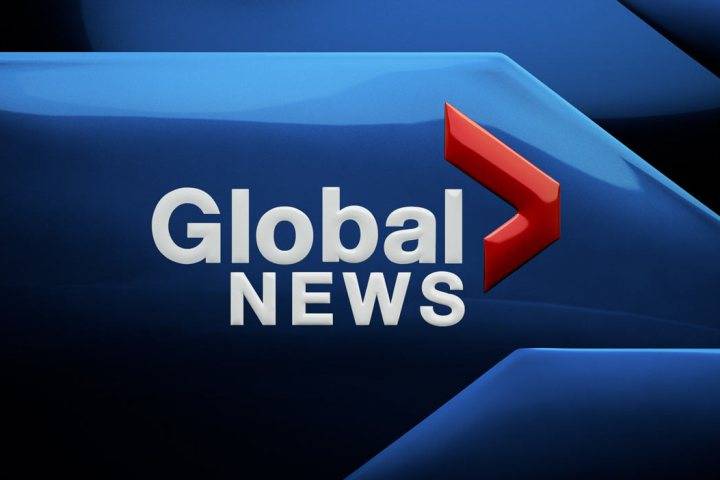Effectively tackling the challenge of money laundering will require countries to co-ordinate their laws so they can force the owners of shell companies involved out into the light, says the U.K.’s point person on anti-corruption.
In an interview with the West Block‘s Mercedes Stephenson, John Penrose, who is the U.K. Minister of State for Northern Ireland and the UK Anti-Corruption Champion, said that if countries like Canada that are struggling to tackle money laundering are serious about eradicating it, they need to change their laws.
“What you’ve got to try and do is make sure they can’t move it without being spotted,” said Penrose.
“It does require lots of countries to do the same thing, which is to basically say you have to reveal who runs the company. It isn’t just enough to say there’s another company behind that and another company behind that and another company behind that. You’ve got to say no, who is the person — the living, breathing person with a pulse — who actually owns it or who controls it.”
In recent decades, Canada has become a target for money laundering due to regulations that allow for corporate secrecy and lack of prosecution.
According to a report by the C.D. Howe Institute earlier this month, some 99.9 per cent of money launderers in Canada are never caught and some $100 billion to $130 billion in dirty money is laundered through Canada every year because of weak rules.
That laxity has given rise to a new term to describe the process of laundering money through Canada: snow-washing.
There is no requirement in current Canadian law for the human owners of corporations to be identified during the registration process.
For countries concerned about money laundering, Penrose said, that’s the first thing that needs to change.
“Shell companies can be used to move money around the globe and other kinds of organizations — trusts and the like, as well,” he said, adding that with clear disclosure regulations “we can follow the money.”
Penrose is in Canada for the Open Government Partnership Summit, a conference aiming to get local and national governments to improve openness and transparency. He says while Canada is not alone in its struggle to address money laundering, the risks to any country that gets it wrong are steep.
“It doesn’t take much for a country’s reputation to get dented, and once the country’s reputation is dented, then all the businesses and the banks and the lawyers and the accountants, everybody’s reputation who seeks to do business in that country is dented by association,” he said.
“So we’ve all got a heck of a lot to lose.”
The Liberal government promised in Budget 2019 to create a national money laundering task force, allocating about $200 million over five years.
But critics say that pales in comparison to the multibillion-dollar scope of the problem and the systemic changes needed to really change it.

